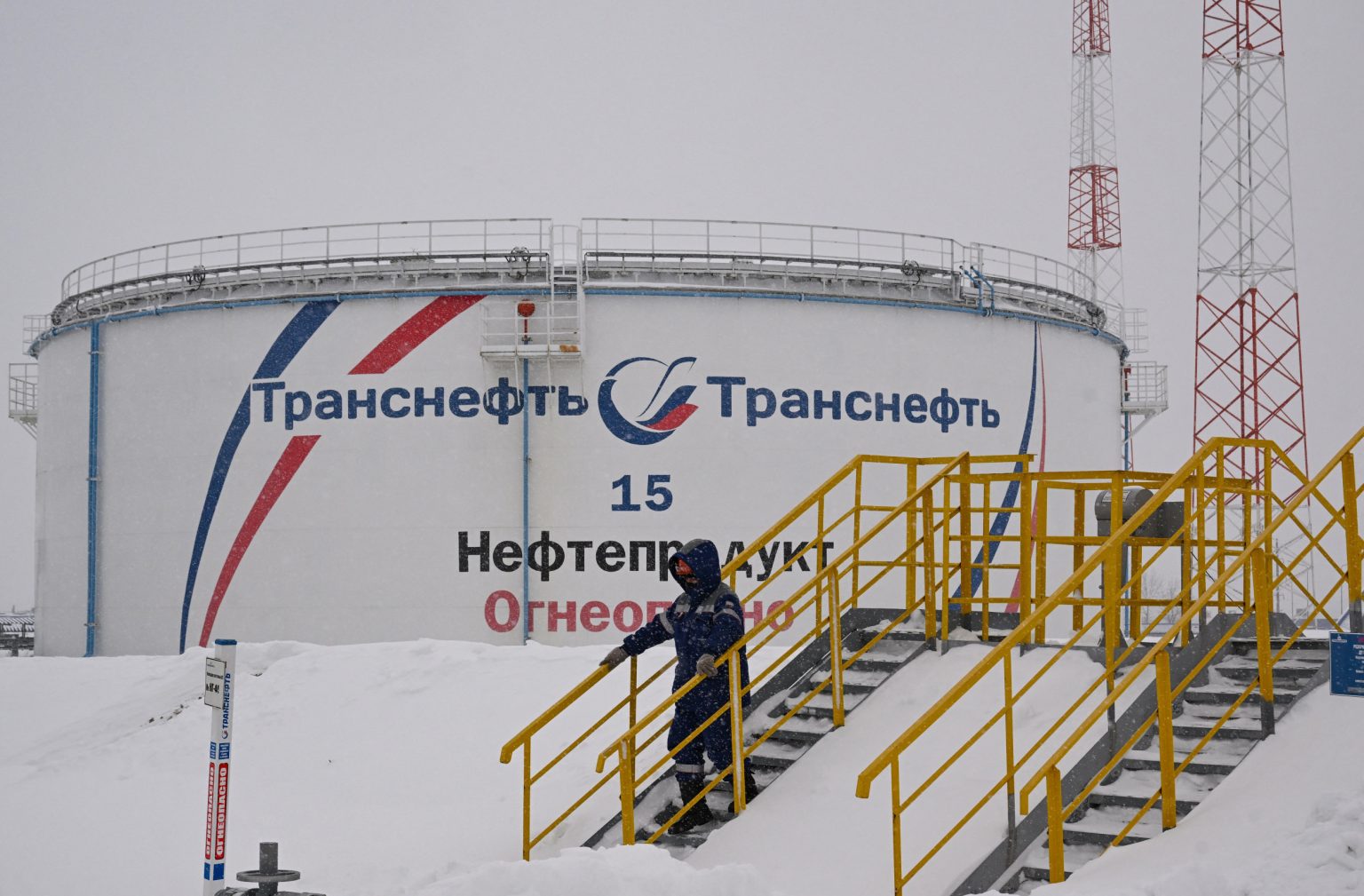Ukrainian drone attacks on Russia’s energy facilities have led to a reduction in gasoline production by Russian oil companies, impacting fuel supplies to Russian forces and the country’s oil exports. The attacks, which have increased in frequency since the start of the full-scale invasion of Ukraine by Russian President Vladimir Putin, have targeted various oil refineries and fuel depots across Russia. One such attack occurred at the Novokuibyshevsk Oil Refinery, causing the shutdown of production cycles that produce fuel for jet engines, missile carriers, and cars.
Recent drone strikes have affected gasoline production in Russia, causing a 3.9 percent drop between March 13 and 19. Planned production decreased by 5.2 percent compared to the previous week, with the lowest production volume recorded on March 18. The total volume of refining at Russian refineries has also decreased by 0.5 percent compared to February, although the impact of the strikes at the Samara site has not yet been taken into account. Energy analysts suggest that the strikes are depleting previous stocks, leading to potential challenges in the production process.
US officials have urged Ukraine to halt attacks on Russian oil production sites to avoid driving up prices and provoking retaliation from Moscow against energy infrastructures relied on by the West. Oil prices have already increased by 15 percent this year to around $85 a barrel, posing a challenge for President Joe Biden as he seeks re-election. Should Ukrainians target major oil export sites in Russia such as the Novorossiysk Fuel Oil Terminal and Primorsk Oil Terminal, it could further impact Russia’s oil income and exports, potentially escalating tensions between the US and Russia.
The sales of Russian oil have also been complicated by India’s refiners refusing to take Russian crude carried on tankers operated by Sovcomflot, the country’s biggest shipping company. This decision was made due to fears of breaching US sanctions against the company as part of the broader economic measures taken against Russia in response to the war in Ukraine. Despite this move by India’s Reliance Industries, experts suggest that Russia may find alternative routes to market through its “shadow fleet” of vessels with opaque ownership structures.
In light of the ongoing conflict between Ukraine and Russia, the impact of Ukrainian drone attacks on energy facilities in Russia continues to be significant, affecting gasoline production and fuel supplies to Russian forces. The strategic targeting of oil infrastructure by Ukraine raises concerns about potential price increases and retaliatory measures from Moscow, as well as complicates the sales of Russian oil to countries like India. As the situation evolves, it remains to be seen how these developments will shape the energy landscape in the region and impact global oil markets.


